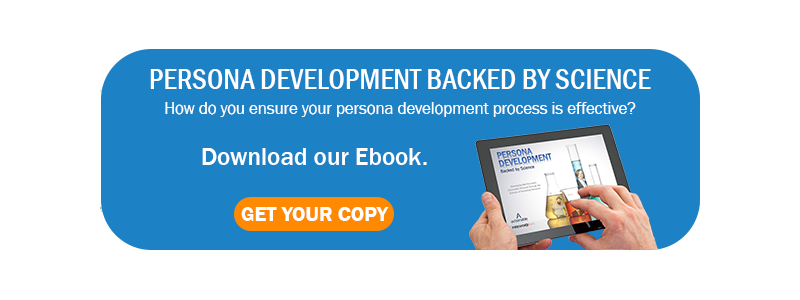
Dec 1, 2016 9:15:00 AM
Often companies that create products for consumers in several countries have a wealth of understanding about customers in their home country (or a small collection of countries), but know less about their customers abroad. Being unfamiliar with their non-domestic markets is a missed opportunity, particularly for those companies who sell (or wish to sell) their products in developing markets. Many developing markets are among the fastest growing economies in the world. While nearly everyone knows China, India and Brazil constitute unprecedented opportunities with their fast growth and large consumer bases, other fast growing, smaller countries like Tanzania and Vietnam are frequently missed and can also provide opportunities for real growth.
Not All Consumers Are Created Alike
Most companies understand the concept of market segmentation; intuitively, it is well known that “not all customers are created alike”. Still, many of these same individuals do not realize just how different customers are, both economically and culturally, in developing markets. If customer preferences, habits, and thought processes are poorly understood, it is easy for companies to make costly mistakes.
Even the most well-established brands -- with vast resources for research and advice -- make big blunders when expanding overseas. For example, when a well-known American baby food brand expanded into Africa, they used their American packaging, which included the image of a baby on it. Company leaders, baffled by their product’s failure, soon learned that, in many African markets, packaging includes pictures of what is in the product due to low literacy rates. Those consumers thought there were babies in the food! That certainly put a crimp in product appeal!
Using Research to Create for Different Markets
How can you avoid making a costly (and potentially brand-damaging) mistake in a market abroad? Perform marketing research. Understanding various customer segments and personas in developing markets is vital to success.
When thinking about entering a completely new market, on-the-ground qualitative research is often a good way to begin to understand the consumer landscape. Both interviews and focus groups can give companies valuable consumer insights, particularly on cultural issues and the customer journey. However, even when choosing among qualitative methods, companies should be careful to choose a method that compliments what they know about the culture. For instance, in some countries, consumers are less comfortable in focus groups and interviews are more appropriate.
In addition, quantitative methods –both analysis of secondary data and custom surveying – are also useful in both new and established markets to understand not only cultural issues, but also the market, consumer challenges and the overall buyer’s journey.
Making Useful (and Needed) Products for Developing Markets
What are the key results of increasing customer understanding in developing countries? You can better serve their needs. In one famous example, some western consumer products companies began to sell individual shampoo “sachets” in several countries in Asia based on consumer preferences. They determined through research (along with trial and error) there was incredible potential for the sale of individual shampoo packets among the lesser advantaged groups in these countries. Due to economic factors and buying preferences, this segment of consumers preferred to buy shampoo in individual packets rather than in bottles. They wanted the brands on offer, but were less inclined to buy an entire bottle at one time and would rather buy smaller packets more frequently. This strategy was wildly successful, with over 50% of shampoo sales being packaged in the “sachet” format in countries like India, the Philippines and Indonesia.
In addition, understanding consumers and country context can go a long way in providing countries the types of products and technology needed to help the development process in many markets. At its best, this is really the promise of global commerce and one of the best ways for global companies to contribute to the development of the countries in which they sell their product. For example, several medical device manufacturers have used their understanding of developing contexts to create devices such as a low-cost portable CD4 counter to help patients with HIV, or a low-cost portable “baby wrap” serves as an incubator for neo-natal units in remote areas. Such innovations are invaluable for the populations they serve, where equipment created for large, centralized hospitals is often impractical or prohibitively expensive.
In short, understanding consumers’ needs is important for both company success and contributing positively to these markets. Companies that invest in the research necessary to really understand these needs frequently wind up not only serving individual consumers, but contribute to greater gains in these societies at large.
The Actionable Difference
Actionable Research can help your company to assess their research needs and to conduct that research in countries across the world. With years of experience under our belt, let our expertise guide you to a successful experience providing products and services in developing markets.
